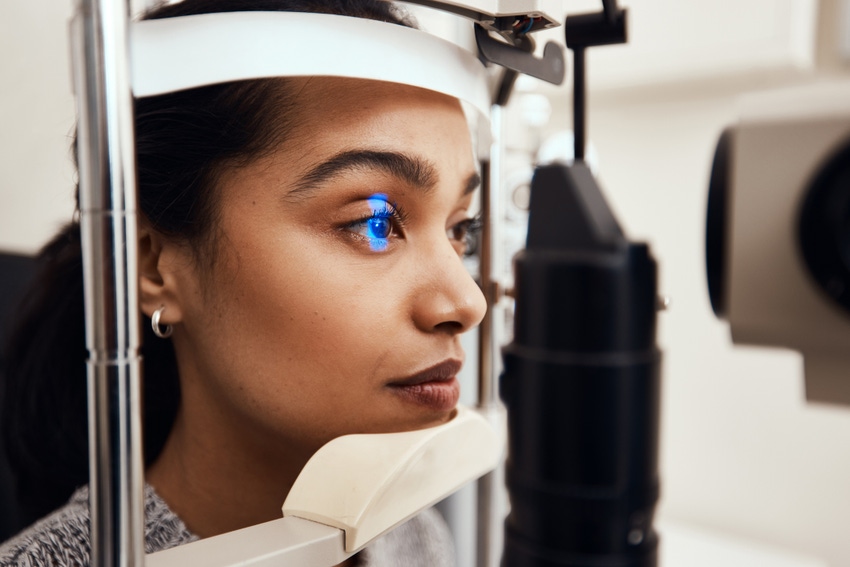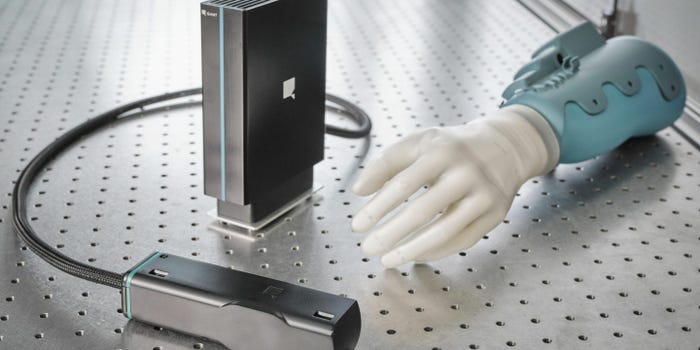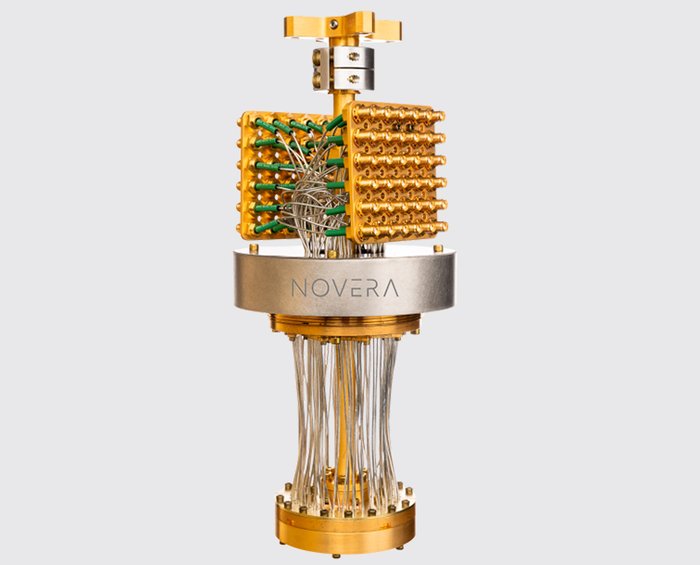
Connects decision-makers and solutions creators to what's next in quantum computing
New study demonstrates the potential for quantum neural networks in health care
March 21, 2023

Quantum computing can be used to better detect the presence and type of diabetic retinopathy, a finding that could lead to new developments in medical imaging analysis and diagnostics, according to a new study.
The research project saw quantum software and services company QC Ware partner with biotechnology company Roche to investigate a novel type of quantum machine learning algorithm. Known as a quantum transformer, the algorithm was developed to detect the presence and type of diabetes in open-source libraries of medical retinal images.
The quantum transformer machine learning model is a quantum-powered version of the classical transformer model which is used by cutting-edge machine learning tools such as ChatGPT but using far fewer parameters.
Transformer architectures use an “attention mechanism”, which considers each data element—a word in natural language processing or a portion of an image in image analysis—in its global context rather than focusing only on its immediate context. It is a key characteristic that distinguishes transformer architectures from other neural networks.
By applying quantum computing to the attention mechanism, researchers discovered that they could use systems that are simpler to train to achieve results comparable to or better than those obtained using classical models.
The study’s findings highlight the potential for quantum computing to dramatically improve data science in medicine.
"This is the first time these types of quantum neural network architectures have been rigorously defined," said QC Ware CEO Matt Johnson.
“The results hint at the growing role quantum can play in healthcare—both through diagnostics and drug discovery, and we're proud to be putting together the building blocks for what comes next. If we've been able to see such performance on small quantum systems like this, I'm quite optimistic for the future."
About the Author(s)
You May Also Like






